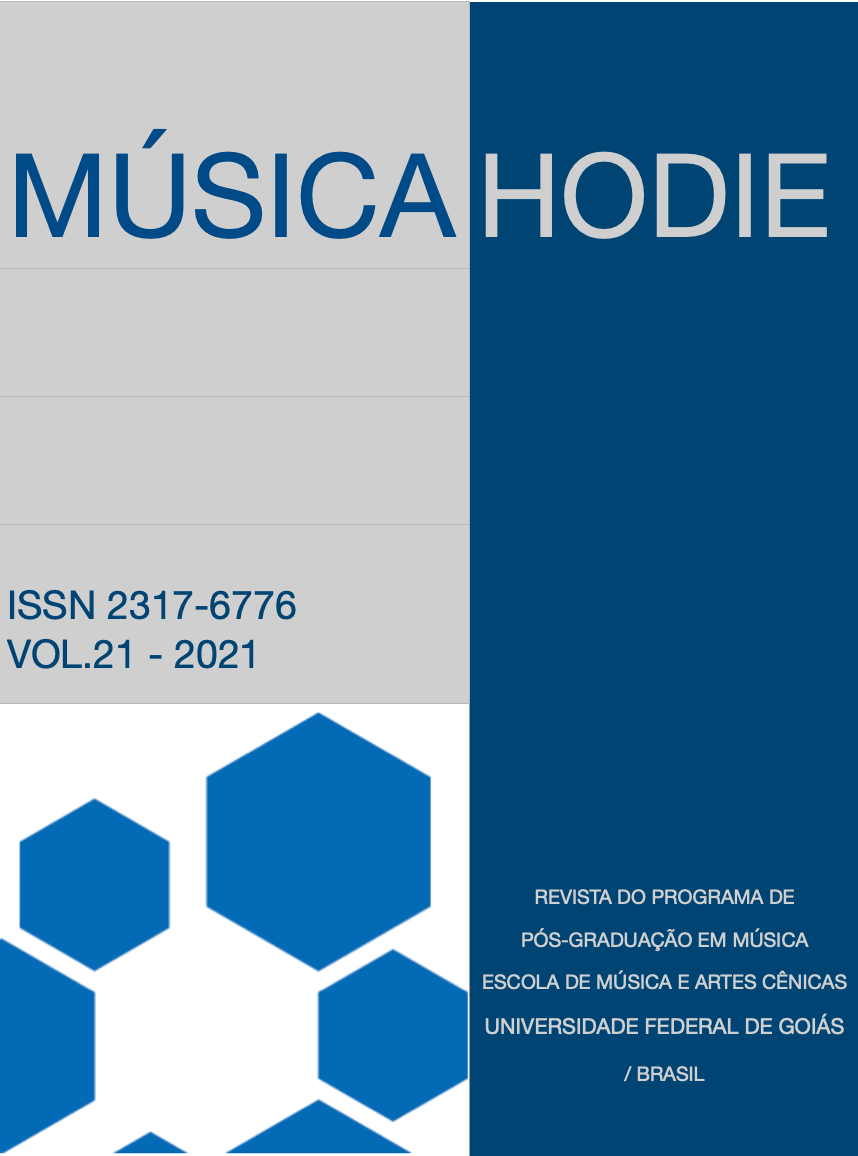Effects of Piano Training on Psychophysiological Development of Primary School Children
DOI:
https://doi.org/10.5216/mh.v21.69329Palabras clave:
asymmetric movement, bimanual movement, piano training, reciprocal movement, synkinetic movementResumen
The aim of this work is to study the supposed influence of piano training on the underlying indicators of psychophysiological development in children aged 7 years (n=110). There were more children with right hand dominance among those who received piano training. It was found that piano players achieved a higher level of maturation of the functional brain structures. Children receiving piano training demonstrated stronger activation of the anterior regions of the brain, whereas children who did not play any musical instrument showed more activation of the right hemisphere and the occipital region in the neocortex.
Descargas
Descargas
Publicado
Versiones
- 2021-11-14 (2)
- 2021-09-25 (1)















